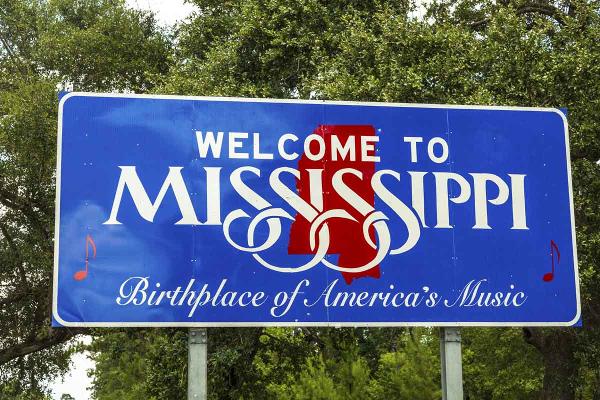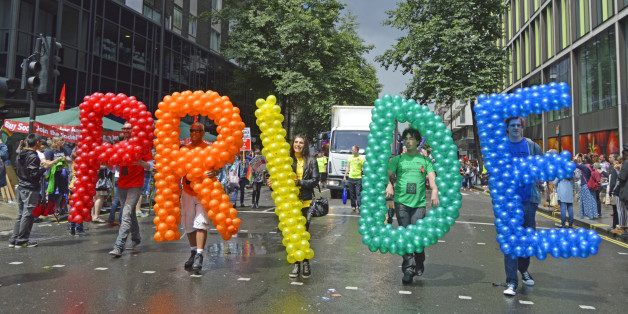On Friday, the judges of the 5th U.S. Circuit Court of Appeals refused to reconsider a panel decision holding that challengers to HB 1523 do not have standing to challenge the measure in court. Two judges issued a fierce dissent asserting that the 5thCircuit had “abdicated its mandate to decide the substantive claims raised by the plaintiffs.” These plaintiffs will now ask the Supreme Court to rule that they have standing to contest HB 1523’s constitutionality. Former U.S. Solicitor General Don Verrilli and Paul Smith, a renowned Supreme Court litigator, will join the appeal.

Mississippi passed HB 1523 as a direct response to Obergefell v. Hodges in an effort to stymie LGBTQ equality in the state. The law singles out three religious beliefs for heightened protection: The belief that marriage is between a man and a woman; that sexual relations outside of a heterosexual marriage are improper; and that a person’s gender must always be the sex they were assigned at birth. Individuals who hold these three beliefs get special rights laid out in the statute. Doctors, employers, businesses, landlords, schools, and adoption agencies (including state-funded ones) are expressly licensed to discriminate against LGBTQ people if their religion compels it. No other religious convictions receive extra protection under the law.
Mississippi’s Anti-Gay Law
By elevating three beliefs over all others, HB 1523 would seem to violate the neutrality principle at the heart of the First Amendment’s Establishment Clause. The measure favors a few religious beliefs over others, effectively endorsing a specific sect of Christianity. As the Supreme Court has explained, the government runs afoul of the Establishment Clause when it endorses religion in this manner by sending “a message … [to] nonadherents that they are outsiders, not full members of the political community, and an accompanying message to adherents that they are insiders, favored members of the political community.”
 In June of 2016, a federal judge blocked the entire law as an unconstitutional infringement upon the rights of the plaintiffs, a group of LGBTQ Mississippians, including religious leaders. But nearly a year later, a panel of judges on the 5thCircuit reversed, ruling that these plaintiffs did not have standing to challenge the law in court. The panel insisted that the challengers were not sufficiently stigmatized by HB 1523 because they had no “personal confrontation” with it. It claimed that, to have standing under the Establishment Clause, a plaintiff must directly encounter the alleged constitutional violation. Under this theory, an individual has standing to sue when she encounters a Ten Commandments monument at a courthouse, or a crèche at a town hall, or a priest delivering a prayer at a public school graduation or football game. Yet she could not sue if the government passed a law establishing Southern Baptism as the official state religion, since she cannot “personally confront” the “statutory text.”
In June of 2016, a federal judge blocked the entire law as an unconstitutional infringement upon the rights of the plaintiffs, a group of LGBTQ Mississippians, including religious leaders. But nearly a year later, a panel of judges on the 5thCircuit reversed, ruling that these plaintiffs did not have standing to challenge the law in court. The panel insisted that the challengers were not sufficiently stigmatized by HB 1523 because they had no “personal confrontation” with it. It claimed that, to have standing under the Establishment Clause, a plaintiff must directly encounter the alleged constitutional violation. Under this theory, an individual has standing to sue when she encounters a Ten Commandments monument at a courthouse, or a crèche at a town hall, or a priest delivering a prayer at a public school graduation or football game. Yet she could not sue if the government passed a law establishing Southern Baptism as the official state religion, since she cannot “personally confront” the “statutory text.”
